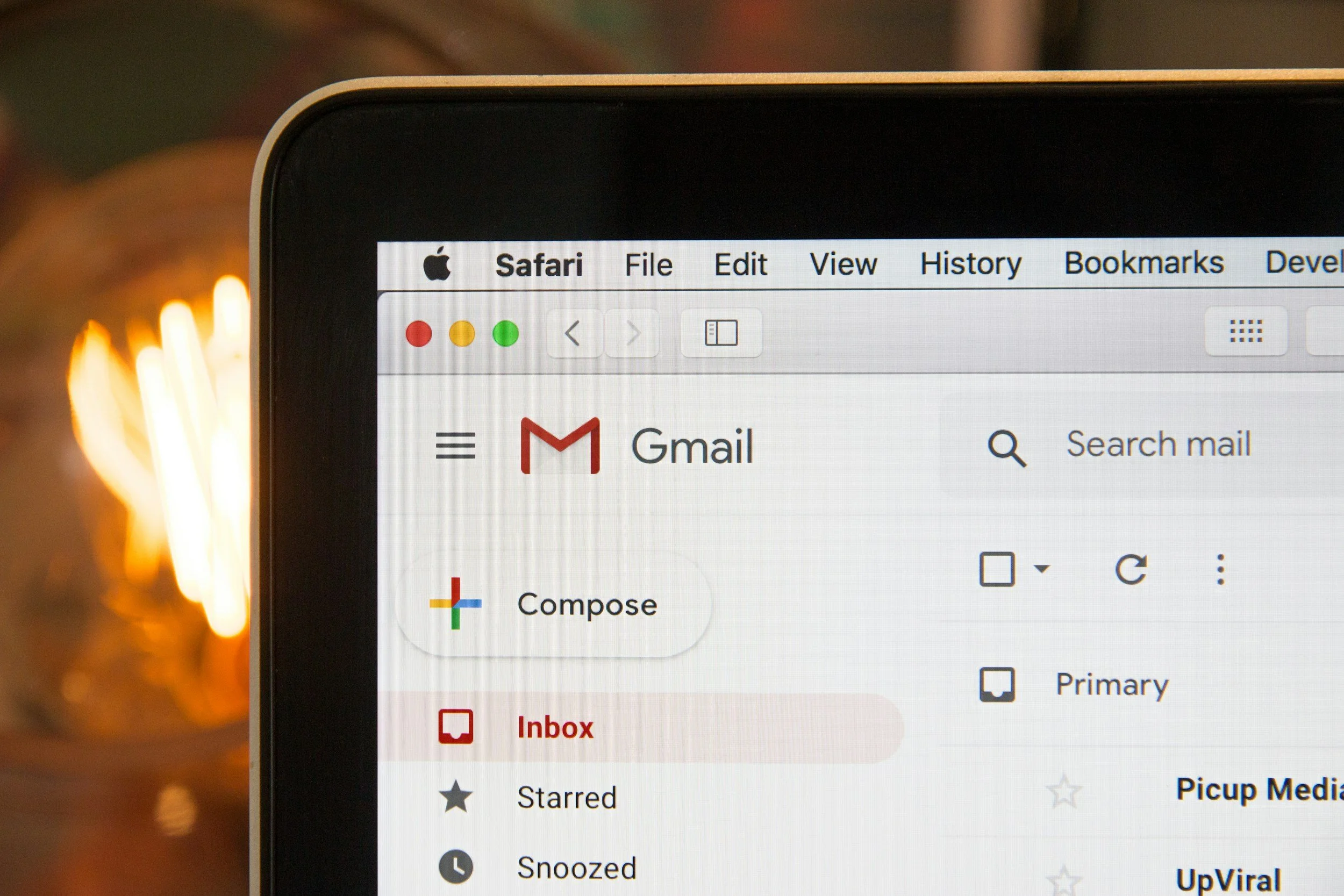Why you should consider a professional email account
A common thread I notice amongst many small business owners is their heavy reliance on one single, free email account such as Yahoo or Gmail. Most surprisingly, these aren’t micro-businesses barely scraping by, but rather, well established businesses still relying heavily on free email. Here are the common reasons I see folks stick with free email services:
- Their business predates email: At some point, they started needing to use email so they made a free account, not realizing how much they would use email in their business in the future.
- They hate subscriptions - We now live in a world where subscriptions are the norm for everything and many small business owners are successful, in part, because of their frugality. As such, many of the business owners I know, hate the idea of another subscription.
- Figuring out professional email on your own is intimidating - Buying a custom domain and connecting it to an email service is not a skill possessed by most business owners and they often don’t have access to an IT resource that can assist them in setting it up.
- I’ve always done it this way - This can also be phrased as “If it isn’t broken, don’t fix it.” Of course, whether or not using a free email address for business is broken is up for debate, but the point still stands. Most business owners are people busy just trying to run their business and going through the work of transitioning to a new email can feel daunting task that is low priority.
Despite these concerns, I still highly recommend that business owners sign up for a professional email for the following reasons:
- Professionalism - Having an email address with your own domain always adds an element of professionalism and legitimacy. It’s just one more arrow in your marketing quiver that portrays seriousness and competency about your business.
- Data protection and privacy - With free email accounts, you often have limited control over your data. Providers may scan your emails for advertising purposes or share data with third parties, raising privacy concerns. Additionally, if an employee uses a personal free email for business communications, the company may lose access to important information if that employee leaves. 
- Limited or no customer support - Free email services typically offer minimal customer support. If you encounter issues such as being locked out of your account or suspect unauthorized access, resolving them can be challenging without dedicated assistance. This lack of support can be especially problematic during critical business operations. 
- Risk of inactivity-based deletion - Some free email providers may deactivate or delete accounts after a period of inactivity. For instance, Mail.com considers accounts inactive after six months without login, leading to potential data loss. Such policies can result in the permanent loss of important emails and contacts. 
- Challenges with account recovery - Recovering access to a free email account can be difficult, especially if you haven’t set up recovery options like a secondary email or phone number. Without these, verifying your identity becomes harder, and you might permanently lose access to your account. Ultimately, you’re receiving the service for free so providers have limited incentive to provide support with account recovery.
- Increase vulnerability to hacking - Free email accounts are common targets for hackers. Once compromised, attackers can access sensitive information, send fraudulent emails from your account, and potentially harm your business’s reputation. The absence of robust security measures in free accounts exacerbates this risk. 
Despite the challenges businesses may face when adopting a professional email, the risks far outweigh the rewards. The cost for professional email addresses is relatively minimal, even for micro-businesses and when considering all of the risks associated with using free email addresses for your business, it’s a no brainer to make the switch.
How to Get Started
If you do want to make the switch, the good news it that it’s not as difficult as folks may think. Here’s a simple path to get started:
- Buy a domain – Pick something that matches your business name as closely as possible. You can purchase a domain from places like Squarespace, Namecheap, or GoDaddy.
- Choose an email provider – Google Workspace, Microsoft 365, and Zoho Mail are all solid options that give you email plus additional business tools like calendars and cloud storage.
- Get help if you need it – If setting this up sounds overwhelming or you want help making sure it’s done right, reach out to someone who’s done it before (this is something I help clients with all the time).
Ultimately, the upfront effort for professional email is minimal, the cost is manageable, and the long-term benefits to your business are more than worth it.

